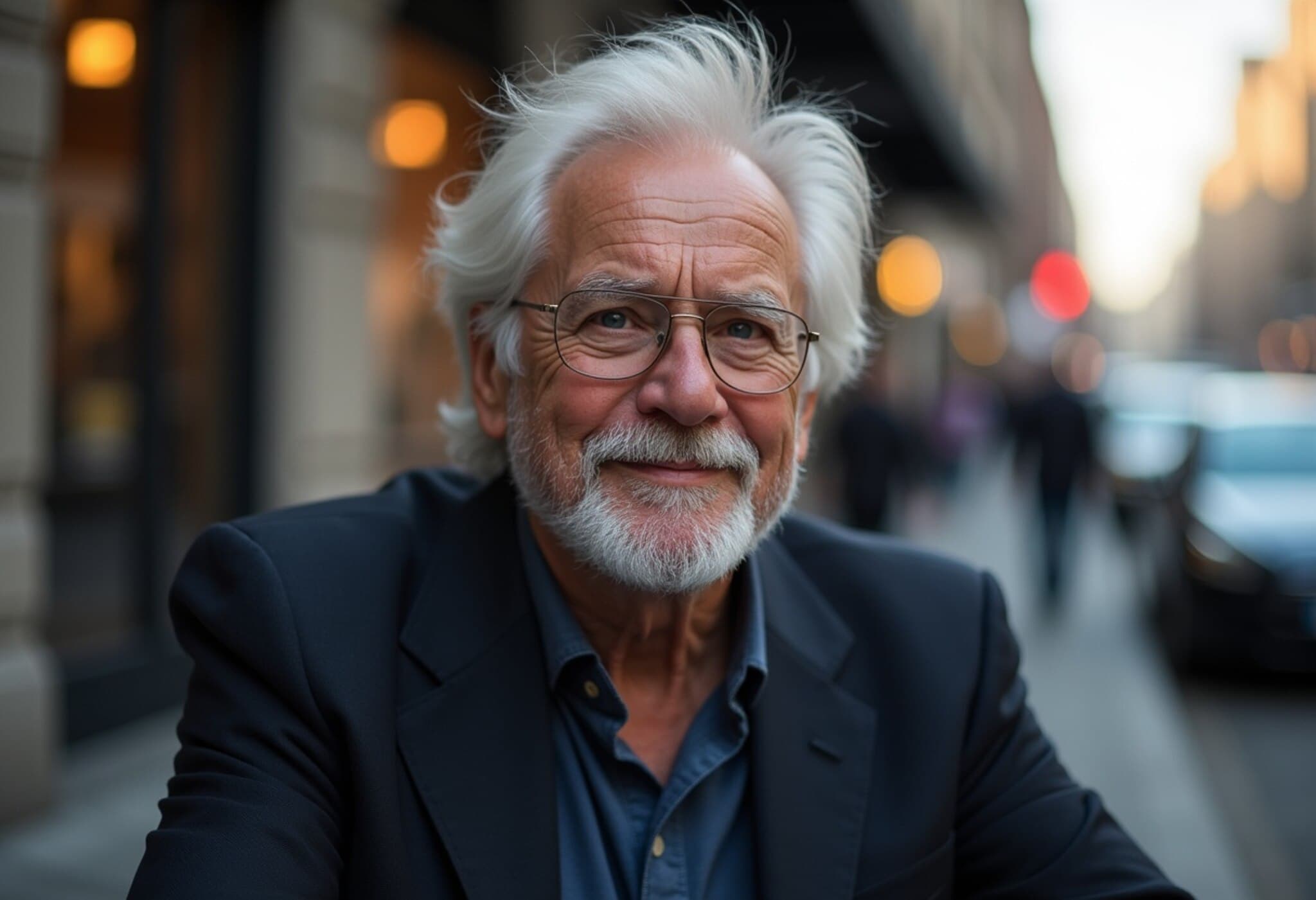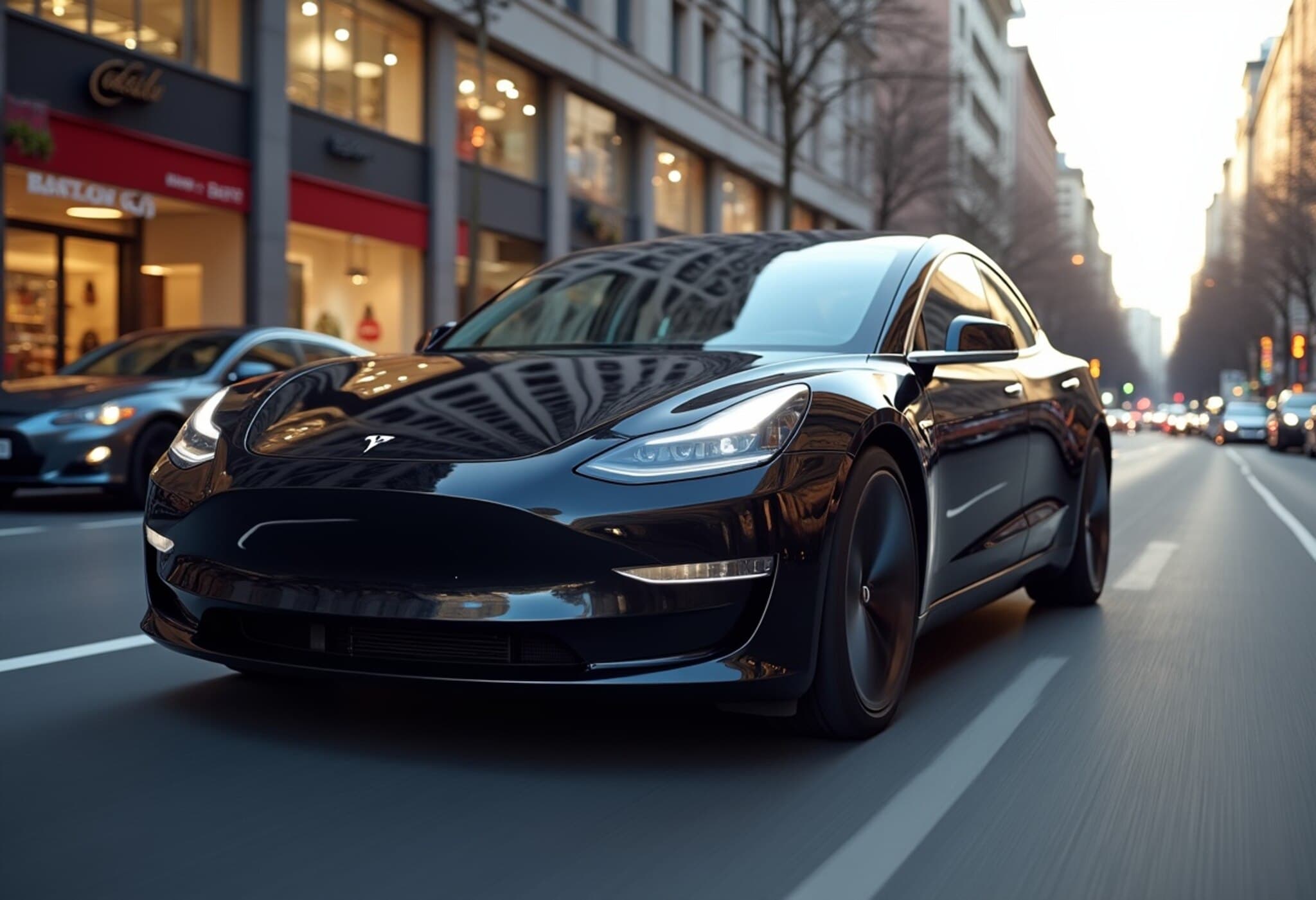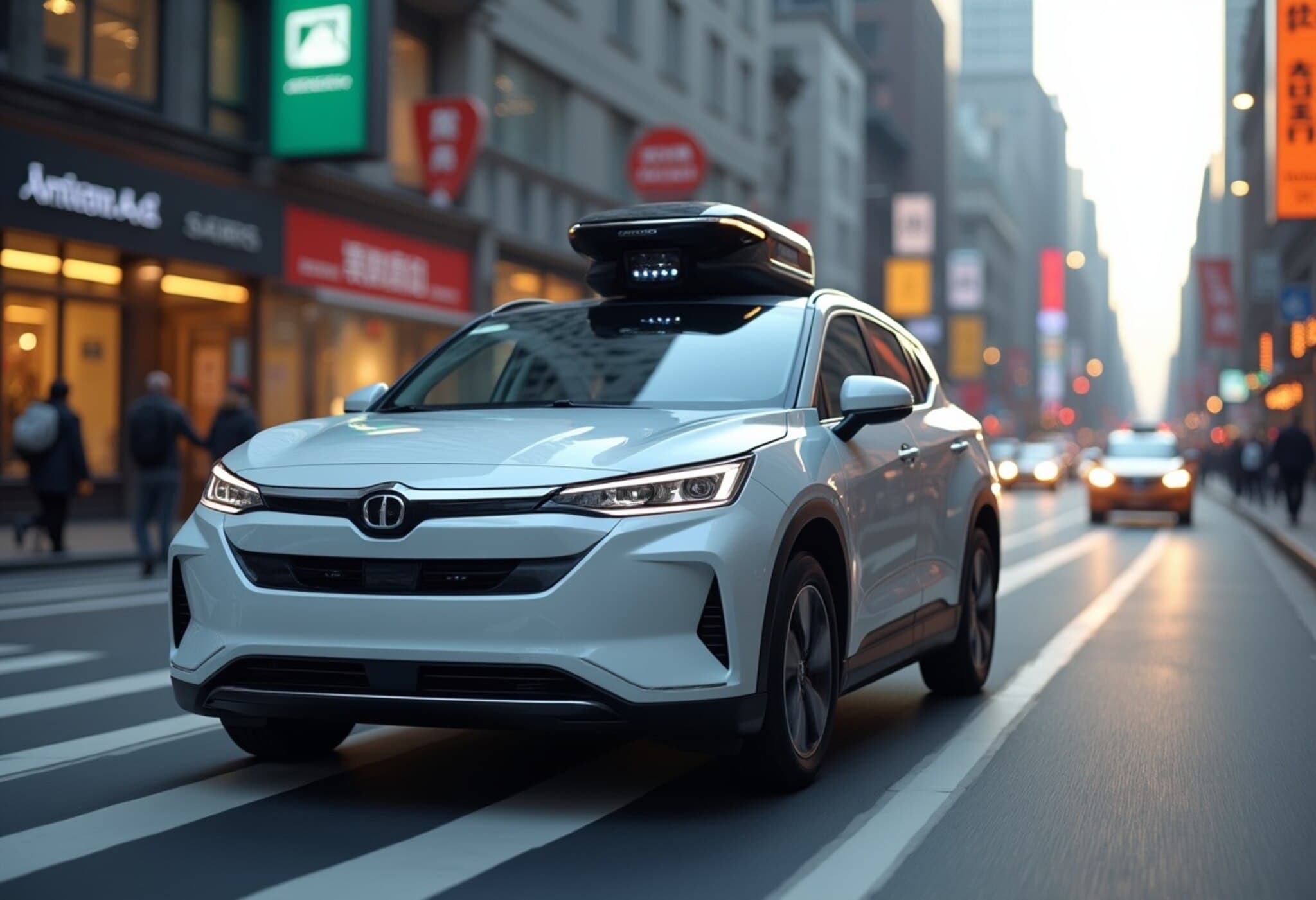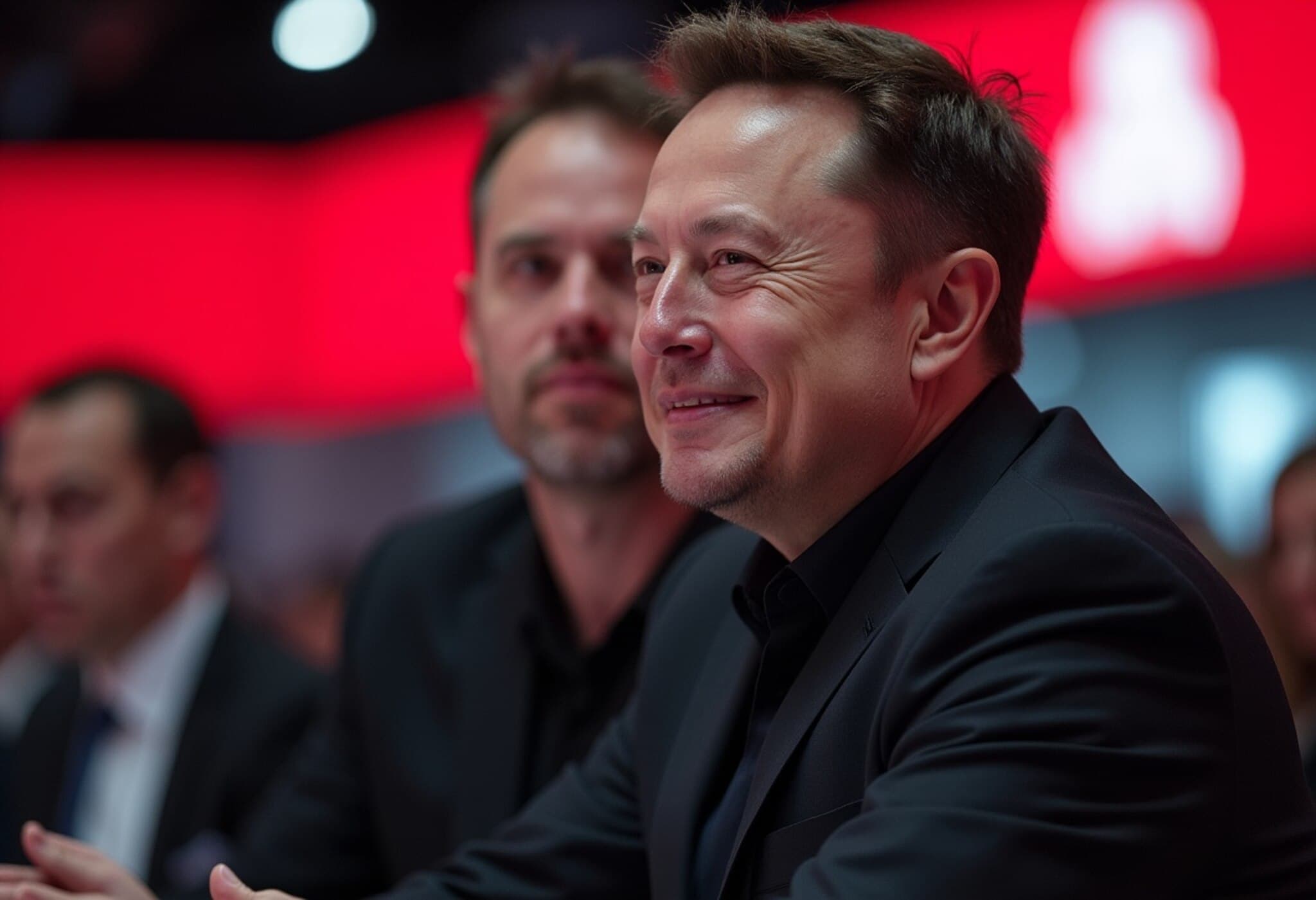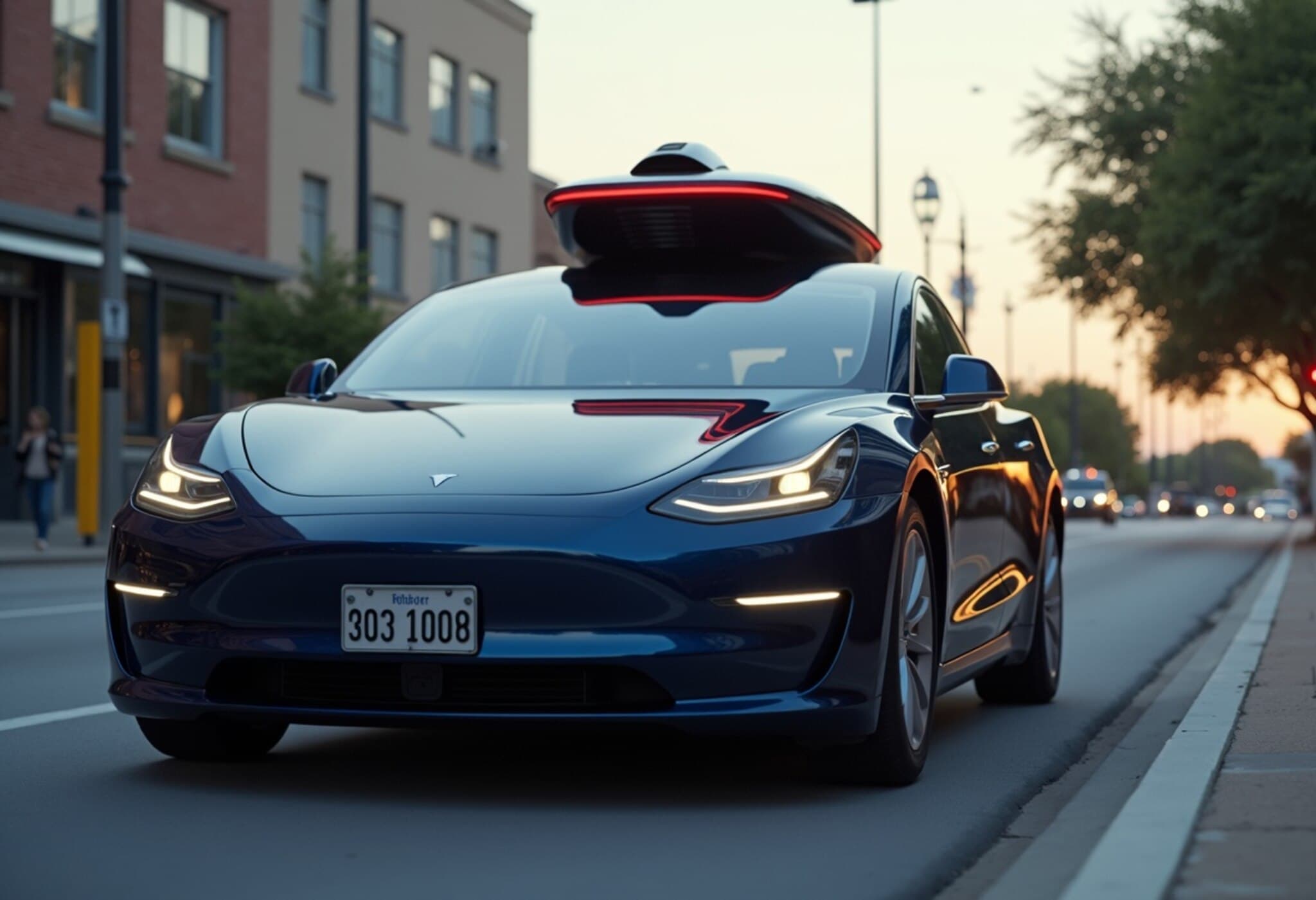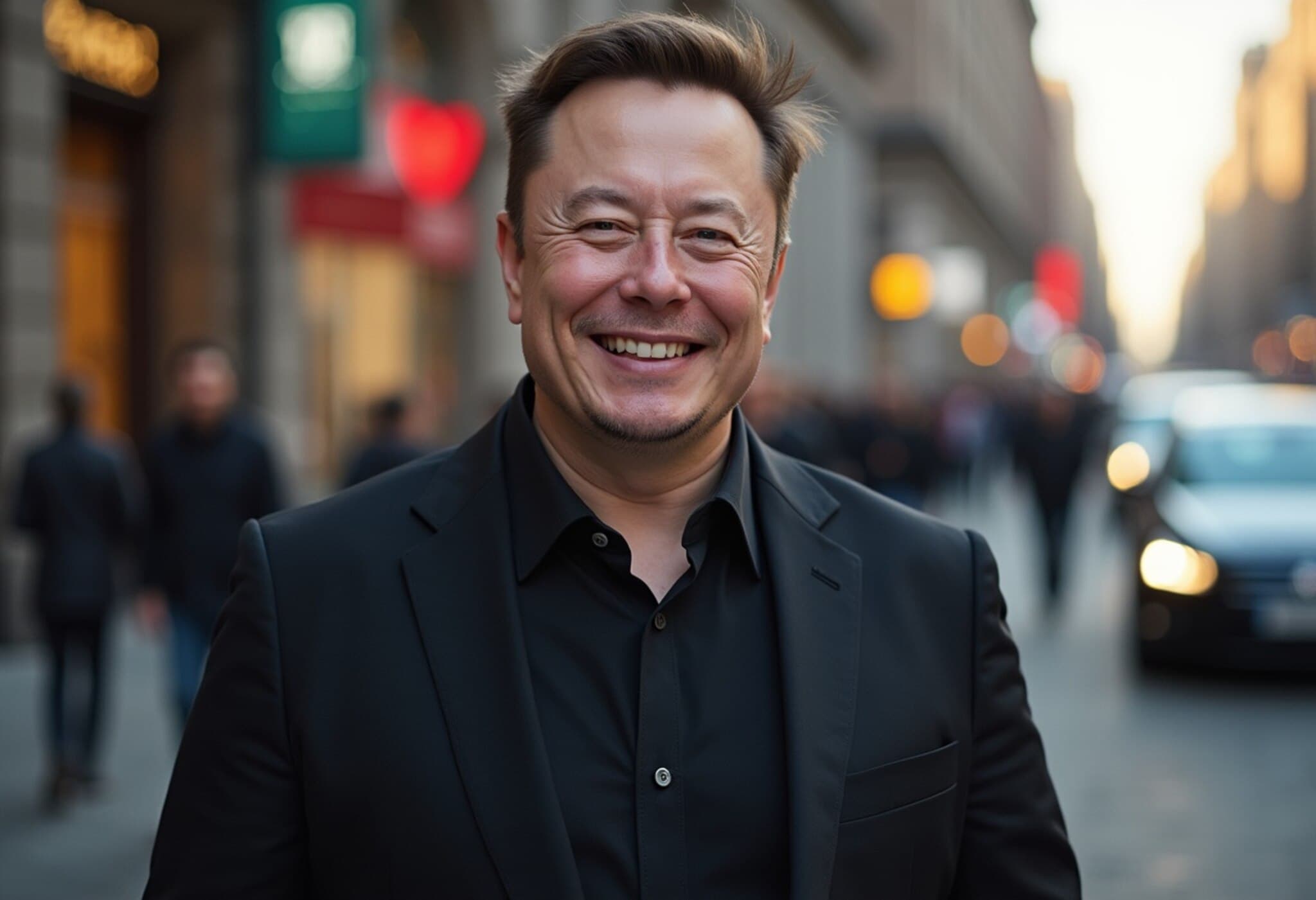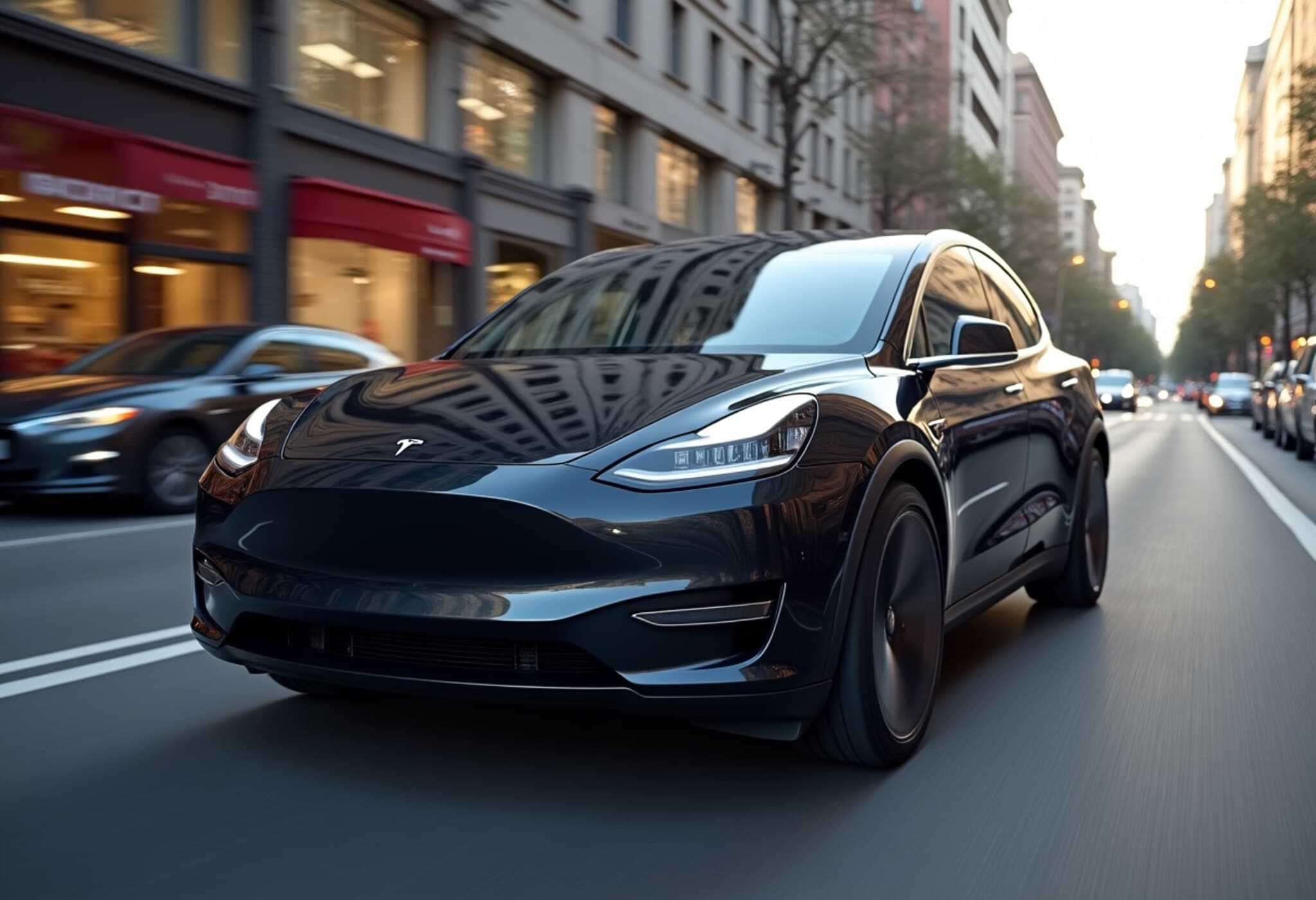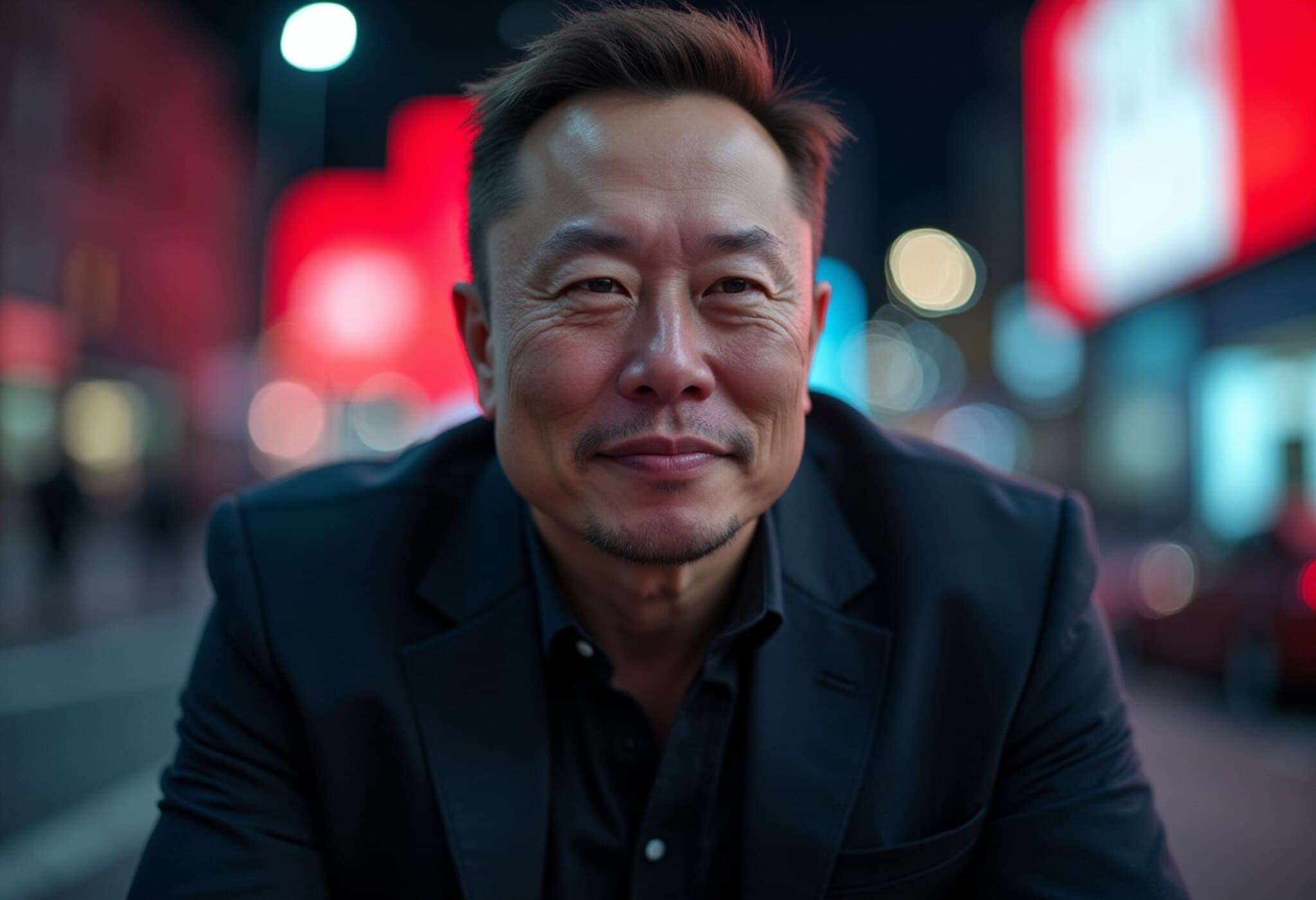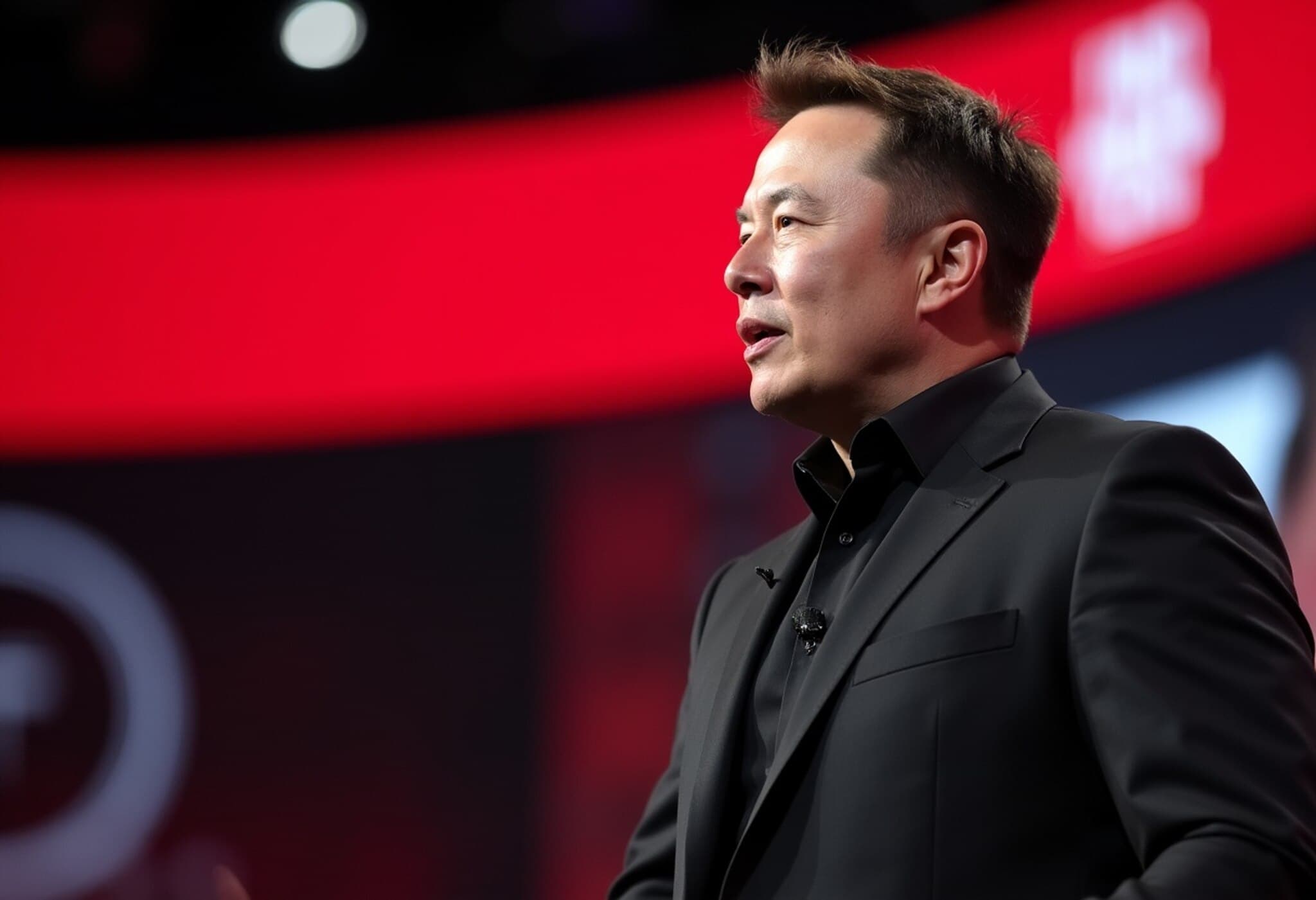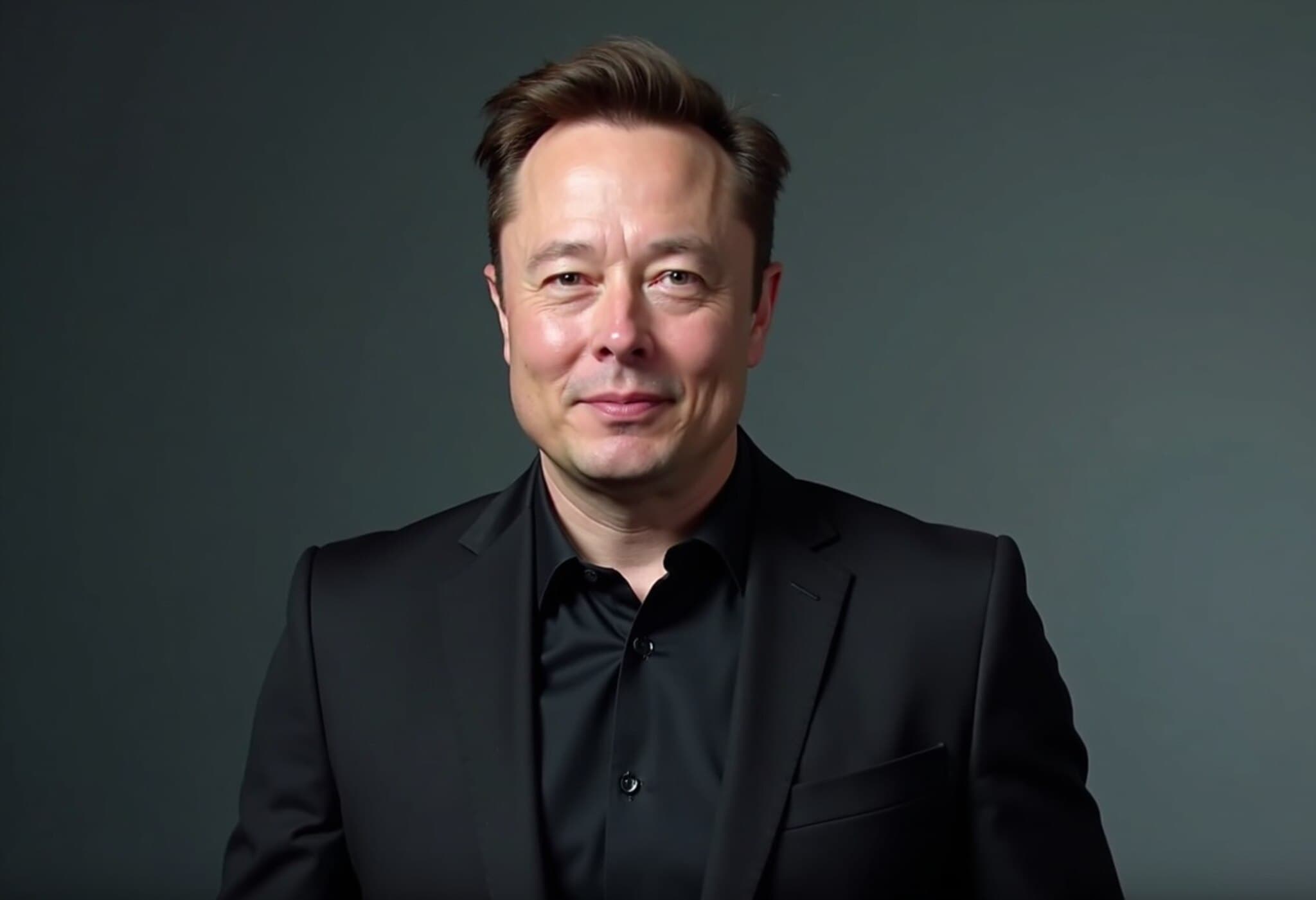Martin Eberhard Voices Strong Criticism of Tesla's Cybertruck and Strategy
Martin Eberhard, Tesla's original co-founder, has recently taken a candid and bold stance against the company's current leadership and strategic direction under Elon Musk. In a revealing conversation with YouTuber Kim Java, Eberhard did not mince words, describing the much-debated Cybertruck as resembling a “dumpster.” His pointed critique extends beyond aesthetics to Tesla’s broader shift away from affordable electric vehicles—a move he says undermines global efforts toward sustainable transportation.
Cybertruck’s Controversial Design and Pricing: A Departure from Tesla’s Early Vision
Eberhard’s comments struck a chord by highlighting Tesla’s pivot from its initial mission. “The world needs accessible, affordable EVs, not an expensive truck that looks like a landfill bin,” he lamented. The Cybertruck, characterized by its angular, polarizing design and premium pricing, contrasts sharply with Tesla's early goal to democratize electric mobility, which aimed to make EVs more financially feasible for the average consumer.
Skepticism Over Tesla’s Self-Driving Ambitions and Safety Considerations
Beyond design and pricing, Eberhard expressed deep reservations about Tesla’s aggressive push toward full autonomy, especially the ambitious Robotaxi program and Full Self-Driving (FSD) technology. He remarked, “I’m more skeptical of that than most people are,” emphasizing ongoing safety concerns, regulatory gaps, and reported incidents that have questioned the reliability of Tesla’s autonomous systems. His critique underscores a broader, growing debate within the auto and tech industries about balancing innovation with public safety and effective regulation.
The Personal Rift: Unpacking Decades of Tensions Between Eberhard and Musk
What makes Eberhard’s candid criticism particularly noteworthy is the context of his longstanding, complex relationship with Elon Musk. Although Eberhard left Tesla in 2007 and settled ensuing legal disputes by 2009, the tension has lingered. He wryly noted, “Someone said I’m still occupying real estate in his head,” hinting at ongoing personal undercurrents fueling public jabs Musk occasionally directs his way. This dynamic adds an intriguing human element to a story often dominated by corporate rhetoric.
Remaining a Stakeholder: Eberhard’s Complex Relationship with Tesla
Despite frustrations, Eberhard still holds shares in Tesla and has in the past voiced support for the company’s overarching mission to accelerate sustainable energy. However, his recent remarks signal a growing voice of dissent regarding Tesla’s current priorities and ethical outlook, revealing internal conflicts about where the industry—and Tesla—should head next.
Tesla’s Current Challenges and Broader Implications for Electric Mobility
Eberhard's critique arrives at a turbulent time for Tesla, which is grappling with slumping sales in key markets like California, critical backlash over pricing strategies, and significant financial losses tied to volatile cryptocurrency investments. Elon Musk himself suffered a staggering $12 billion loss in a single day due to market swings. Against this backdrop, Eberhard’s sober reflections raise urgent questions about whether Tesla risks drifting from its innovative roots focused on safety, accessibility, and sustainability.
Expert Insights: What This Means for the EV Market and Policy
- Market Accessibility: Eberhard’s call to prioritize affordable EVs signals a critical challenge for the industry—ensuring electric mobility is not just a luxury but a viable choice across diverse income groups.
- Safety and Regulation: His skepticism about self-driving tech highlights the need for regulators to tighten oversight and demand transparency before widespread deployment.
- Corporate Vision and Culture: The clash between founders and current leadership spotlights how disruptive innovation requires alignment between visionaries and execution teams, especially in transformative industries like electric transportation.
Editor’s Note
Martin Eberhard’s pointed reflections offer more than just a critique of Tesla’s latest products; they open a vital conversation about the direction of the electric vehicle industry and the values that should guide it. As EVs become increasingly central to climate policy and global mobility, balancing innovation with affordability and safety is paramount. Readers and policymakers alike must consider: How can the industry maintain momentum while safeguarding public interests? And can Tesla, still the industry’s poster child, reconcile its past ambitions with today's realities?

